Did Ian Fleming See His James Bond Work on Film Before His 1964 Death?
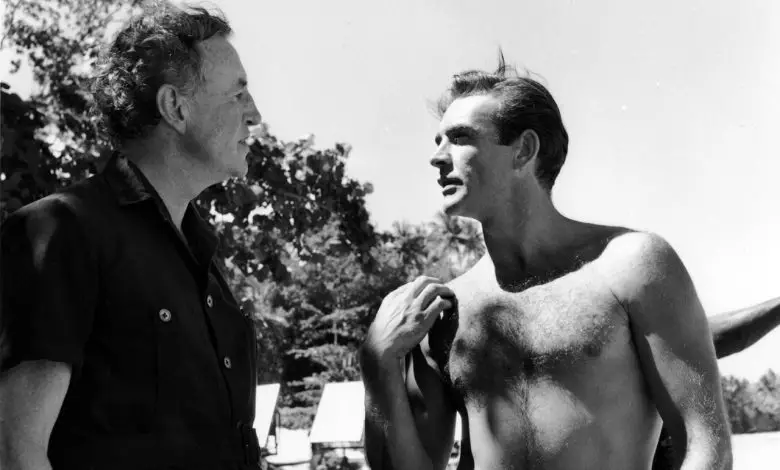
The world of James Bond has captivated audiences for decades, with the suave British spy becoming an iconic figure in literature and film. Ian Fleming, the creative genius behind James Bond, left an indelible mark on popular culture. However, a question lingers: Did Ian Fleming ever get the chance to witness his beloved creation on the silver screen before his passing in 1964? In this article, we delve into the life and legacy of Ian Fleming, exploring his involvement in the James Bond film adaptations and the impact of his works on the franchise.
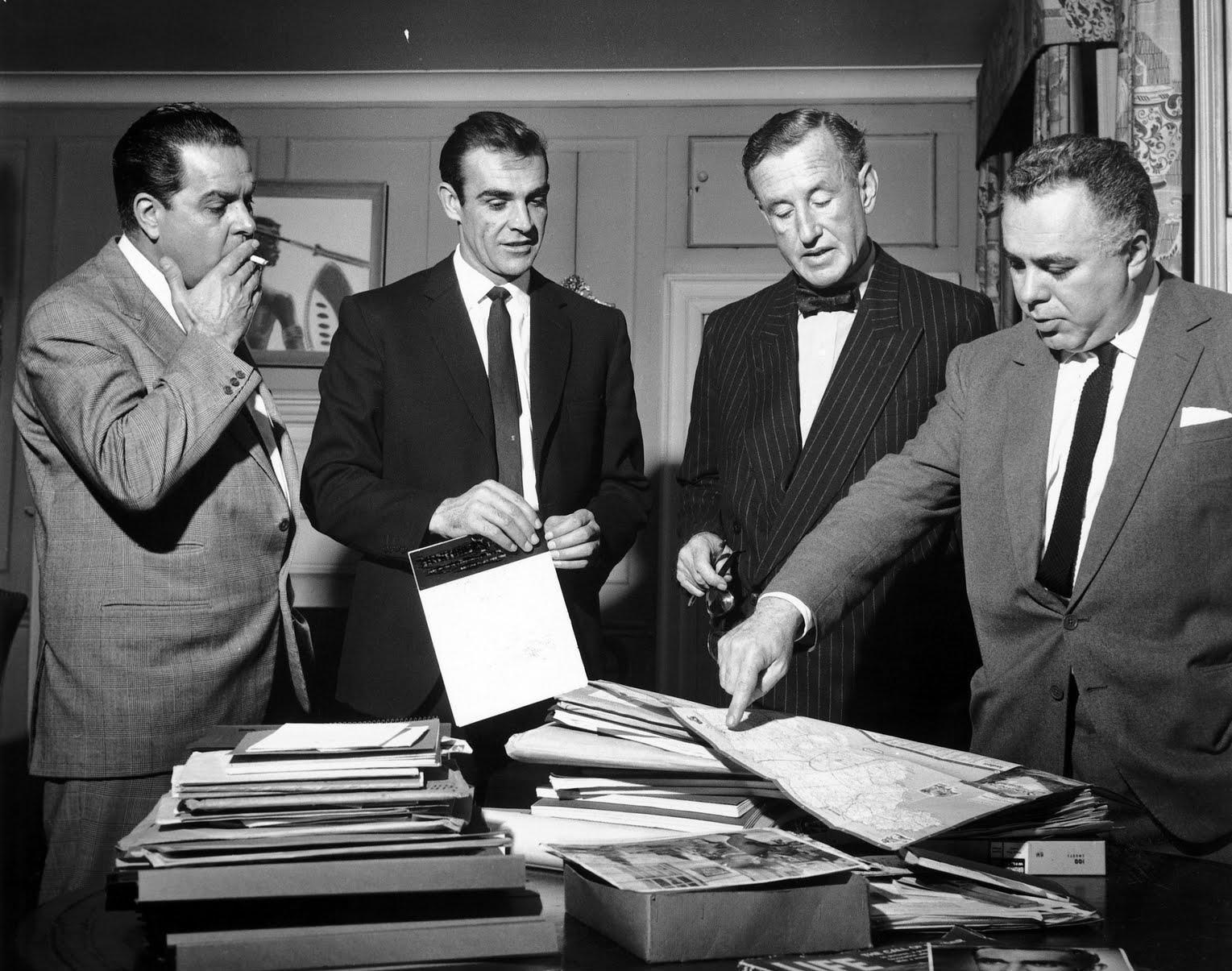
In the world of espionage fiction, the name James Bond is synonymous with action, adventure, and intrigue. Created by British author Ian Fleming, the character of James Bond has captured the imaginations of millions of readers and moviegoers worldwide. However, an intriguing question remains: Did Ian Fleming ever get to see one of his James Bond 007 works on film before he passed away in 1964?
Ian Fleming’s Creation: James Bond 007
Before we delve into the question at hand, let’s take a moment to appreciate the genius of Ian Fleming and the creation of James Bond 007. Ian Fleming, a former British Naval Intelligence officer, drew from his own experiences and imagination to craft the iconic character of James Bond.
Debuting in Fleming’s first novel, “Casino Royale,” published in 1953, James Bond quickly became a literary sensation. The charismatic secret agent, known for his suave demeanor, impeccable taste, and deadly skills, was an instant hit with readers. Fleming went on to write a total of fourteen James Bond novels, each filled with exotic locations, thrilling missions, and memorable villains.
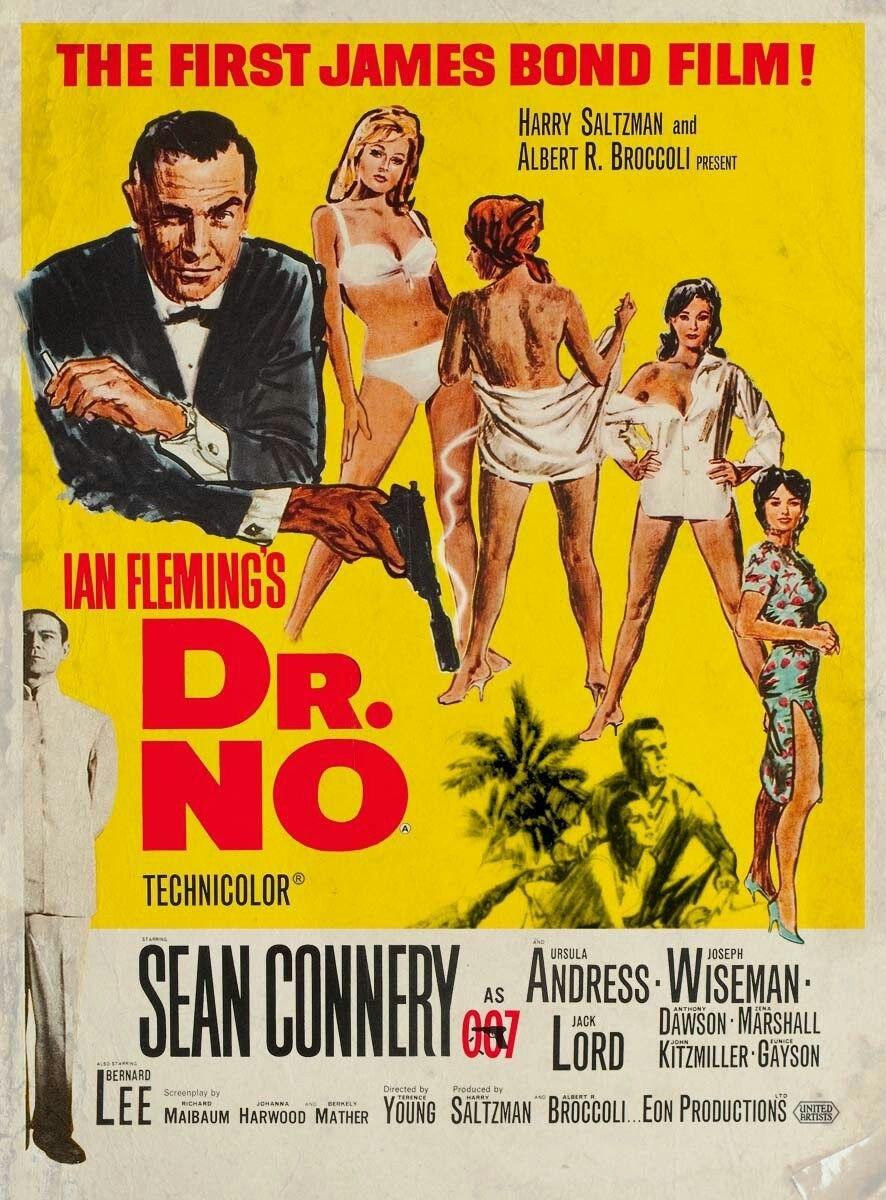
The Journey from Page to Screen
As the popularity of the James Bond novels soared, it was only a matter of time before Hollywood took notice. In 1962, Eon Productions released the first James Bond film, “Dr. No,” starring Sean Connery as the iconic British spy. The film was a commercial success, and thus began a long-standing cinematic franchise that continues to captivate audiences to this day.
Now, let’s address the burning question: Did Ian Fleming get to see one of his James Bond works on film before his untimely demise in 1964?
Ian Fleming’s Involvement in the Film Adaptations
Although Ian Fleming did not live long enough to witness the immense success of the James Bond film franchise, he had a significant involvement in its early stages. Fleming worked closely with the producers and screenwriters, providing input and guidance during the adaptation process.
One of the most notable instances of Fleming’s involvement can be seen in the film “From Russia with Love,” released in 1963. Fleming was actively engaged in the production, even penning the original screenplay. Regrettably, he was unable to see the final product on the silver screen, as he passed away on August 12, 1964, at the age of 56.
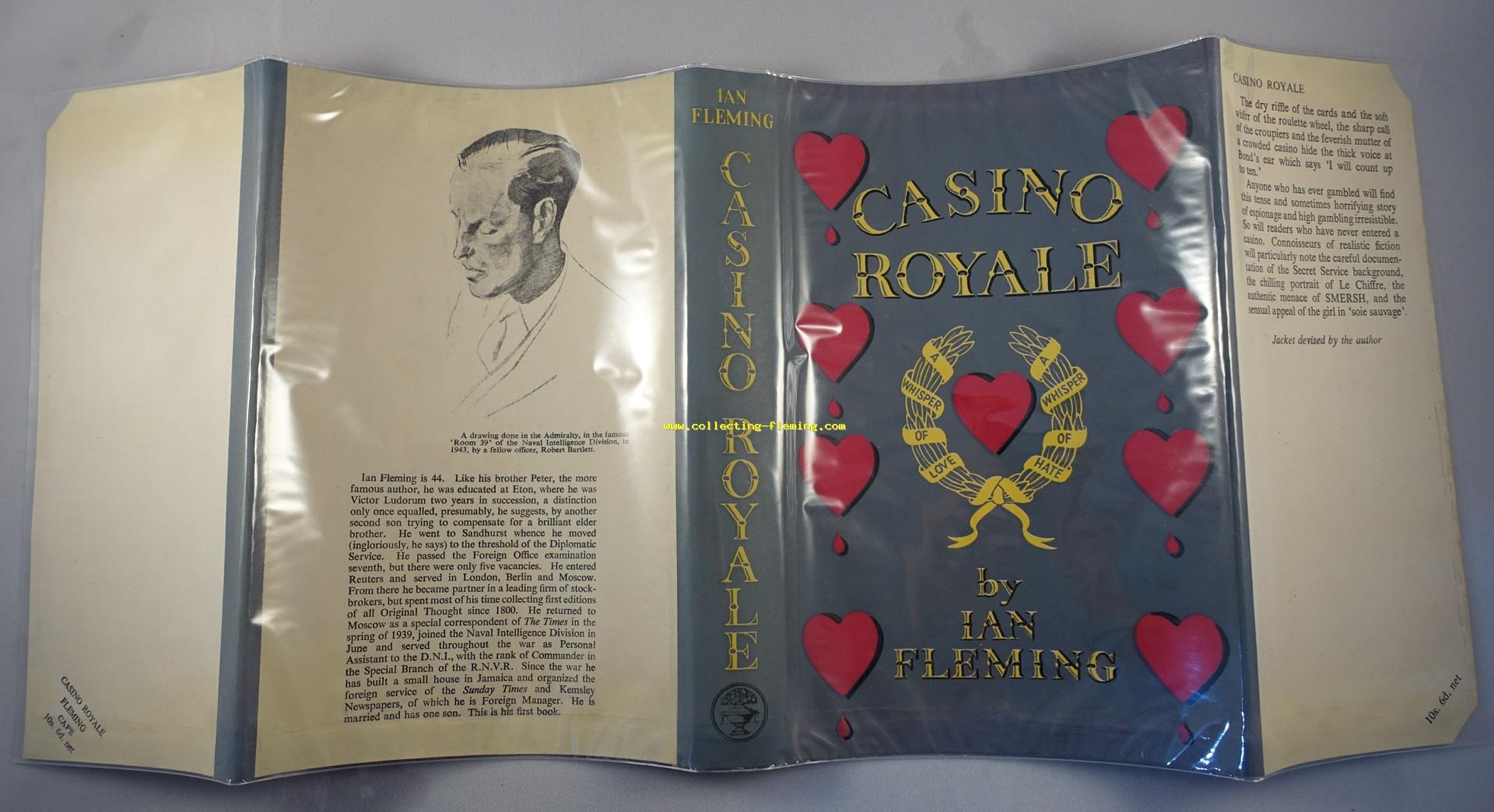
Fleming’s Legacy Lives On
Although Ian Fleming didn’t have the opportunity to witness the monumental success of the James Bond film franchise, his legacy lives on through his enduring literary creations. The impact of Fleming’s work is undeniable, as the James Bond series has become one of the most successful and enduring film franchises in history.
To this day, new James Bond films continue to be made, featuring different actors portraying the legendary spy. Each installment pays homage to Ian Fleming’s original vision while adding new elements and storylines to keep the franchise fresh and exciting for audiences.
FAQ
1. What was the first James Bond film ever made?
The first James Bond film ever made was “Dr. No,” released in 1962. Starring Sean Connery as James Bond, the film introduced audiences to the suave British secret agent and set the stage for the long-running cinematic franchise. “Dr. No” follows Bond as he investigates the disappearance of a fellow British agent and uncovers a nefarious plot involving a villainous mastermind named Dr. Julius No. Filled with action, suspense, and iconic moments, “Dr. No” laid the foundation for the success of the James Bond film series.
2. How many James Bond novels did Ian Fleming write?
Ian Fleming wrote a total of fourteen James Bond novels during his lifetime. Starting with “Casino Royale” in 1953, Fleming’s novels took readers on thrilling adventures with the iconic secret agent, James Bond 007. Each novel presented Bond with a new mission, often involving international espionage, high-stakes gambling, and encounters with dangerous villains. Fleming’s attention to detail and his ability to create captivating narratives made the James Bond novels immensely popular, solidifying Bond’s status as a cultural icon.
3. Did Ian Fleming have any involvement in the casting of James Bond?
Yes, Ian Fleming had some involvement in the casting of James Bond for the film adaptation. While he did not have the final say in the casting decisions, his opinions were considered by the producers. Fleming initially had reservations about Sean Connery being cast as Bond due to Connery’s background as a Scottish actor. However, after seeing Connery’s performance in “Dr. No,” Fleming reportedly changed his mind and believed that Connery embodied the essence of James Bond.
4. Were all of Ian Fleming’s James Bond novels adapted into films?
Not all of Ian Fleming’s James Bond novels were directly adapted into films. While the majority of the novels served as inspiration for the film franchise, some were only loosely based on Fleming’s original stories. For example, the film “Quantum of Solace” borrowed its title from one of Fleming’s short stories but did not directly adapt the plot. Additionally, there have been original screenplays written for the films that were not based on any specific Fleming novel. Nevertheless, Fleming’s influence and characters have remained a constant presence throughout the James Bond film series.
5. Who has portrayed James Bond in the film franchise?
Over the years, several actors have portrayed James Bond in the film franchise. Sean Connery was the first actor to bring Bond to life on the big screen, followed by George Lazenby, Roger Moore, Timothy Dalton, Pierce Brosnan, and Daniel Craig. Each actor brought their unique interpretation to the character, contributing to the ongoing evolution of James Bond throughout the film series. The portrayal of James Bond by these talented actors has played a significant role in the enduring success of the franchise.
6. Did Ian Fleming envision the longevity of the James Bond franchise?
While it is difficult to say exactly what Ian Fleming envisioned for the future of the James Bond franchise, it is clear that he had high hopes for his creation. Fleming’s dedication to his craft and the meticulous attention to detail in his novels suggest that he believed James Bond had the potential for longevity. However, it is unlikely that he could have predicted the extent of the franchise’s success and its continued relevance over several decades.
7. How did Ian Fleming’s involvement in the film adaptations influence the franchise?
Ian Fleming’s involvement in the early stages of the film adaptations had a significant impact on the James Bond franchise. His collaboration with the producers and screenwriters helped ensure that the essence of his original novels was captured on screen. Fleming’s input during the adaptation process, such as writing the original screenplay for “From Russia with Love,” added authenticity to the cinematic portrayal of James Bond. Even though he did not witness the final results, Fleming’s early involvement laid the foundation for the successful and enduring film franchise.
8. What were some of Ian Fleming’s inspirations for the character of James Bond?
Ian Fleming drew inspiration from various sources when creating the character of James Bond. His own experiences as a British Naval Intelligence officer during World War II undoubtedly influenced the depiction of Bond as a skilled spy and adventurer. Fleming’s travels to exotic locations and encounters with real-life spies and espionage activities also provided inspiration for the thrilling settings and espionage elements in his novels. Furthermore, Fleming’s love for fine dining, luxurious lifestyle, and fascination with high-stakes gambling can be seen reflected in Bond’s tastes and habits.
9. How did Ian Fleming’s passing affect the James Bond franchise?
Ian Fleming’s passing in 1964 undoubtedly marked a significant loss for the James Bond franchise. As the creator of the beloved character, his absence meant that future novels would no longer be penned by the original author. However, the enduring popularity of the James Bond novels and the success of the film franchise ensured that the legacy of Fleming’s work would live on. The subsequent authors who took up the mantle of writing James Bond novels, such as Kingsley Amis and Anthony Horowitz, continued to contribute to the world of Bond, carrying Fleming’s spirit and imagination forward.
10. How has the James Bond franchise evolved since Ian Fleming’s time?
Since Ian Fleming’s time, the James Bond franchise has evolved in various ways. The films have embraced modern technology, incorporating cutting-edge gadgets and advanced special effects into the narratives. The portrayal of James Bond himself has also evolved, with each actor bringing their own interpretation to the character. Additionally, the films have explored more complex storylines and delved deeper into Bond’s personal history, offering audiences a deeper understanding of the iconic spy. However, at its core, the franchise continues to honor the legacy of Ian Fleming, keeping the spirit of James Bond alive while adapting to the ever-changing tastes and expectations of audiences.


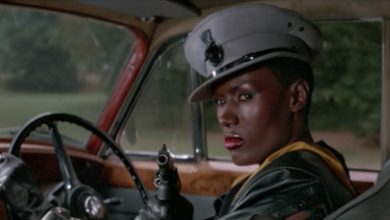



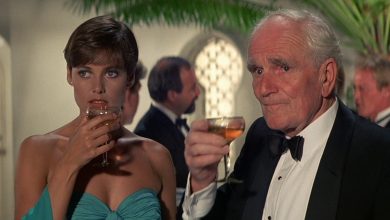


3 Comments